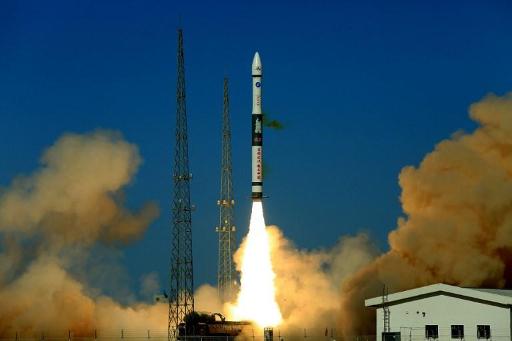China has successfully launched two satellites into space in an effort to test the applications of ‘Internet of Things’ (IOT) technology.
The launch took place at 9:16 AM local time on Tuesday from the Jiuquan base in Northwest China, marking the start of the "Xingyun project," China news agency reports.
The two satellites, "Xingyun-2 01" and "Xingyun-2 02" will be part of a group of 80 communication satellites, all of which should be in low orbit (less than 2,000 km above Earth sea level).
The Xingyun project is the first space-based project dedicated to the Internet of Things developed independently by China, according to the news agency.
The definition of the “Internet of Things" has evolved as more and more technologies converge, but relates to a system of inter-related computing devices able to transfer data or “communicate” with each other over a network, without human intervention.
These devices can be sensors or everyday equipment. The technology has huge application potential in both the private and public sectors. For example better control of road traffic, more efficient administrations, wristbands that detect diseases, heating that automatically adapts to the weather etc.
The ‘Internet of Things’ will experience a boom with the implementation of 5G, the fifth-generation internet network which can offer a speed 100 times faster than existing 4G networks.
In Europe, satellite operator Eutelsat, plans to launch 25 nano-satellites by 2022 to serve Internet of Things applications.
The Brussels Times

